The discussion session brought together many leaders, experts and students in the journalism industry, providing a multi-dimensional perspective on changes in human resource structure, modern journalism trends and the role of training institutions.
Challenges and opportunities go hand in hand
In his opening speech, Editor-in-Chief of Hanoi Moi Newspaper Nguyen Minh Duc emphasized the far-reaching impact of Resolution 18 in streamlining and merging press agencies at both central and local levels. Many units have been forced to merge or even dissolve. During that process, many newsrooms have restructured their apparatus, aiming at the goal of operating effectively, saving costs and improving quality in the new development stage of the country.

Sharing about the practice at Hanoi Moi Newspaper, Editor-in-Chief Nguyen Minh Duc said that in the near future, it will merge with some press agencies in the capital. This may double the number of staff, but it is also an opportunity to reorganize, reduce contacts, improve productivity and develop new publications.
From the experience of Hai Phong , one of the three leading localities in implementing Resolution 18, Director of the Hai Phong City Press and Communication Center Pham Van Tuan said that the center officially operated from March 11, 2025. The process of merging Hai Phong Newspaper and Hai Phong Radio and Television Station posed many challenges, especially the reconciliation between two different cultures, working methods and expertise.
“The biggest challenge is changing the mindset and skills of the team that used to work in print journalism, now has to switch to visual journalism, audio journalism, and digital journalism. They need to be retrained to write for many types of journalism, applying digital technology , big data, and AI. In terms of organization, the center has streamlined from 21 focal points to 15, divided by functional blocks. However, the difficulty still lies in the financial mechanism, income, and unsynchronized policies,” said Mr. Pham Van Tuan.
Sharing about the issues after receiving some officials from To Quoc Electronic Newspaper, Editor-in-Chief of Van Hoa Newspaper Nguyen Anh Vu said: Although there were initial difficulties in psychology and work assignment, after two months, the integration process has brought positive results. The increase in staff has created competitive motivation, promoted creativity and expanded the scope of activities.
According to Mr. Nguyen Anh Vu, Resolution 18 is a "positive catalyst" helping the press transform in the new era.
Sharing the same view, delegates at the forum stated that Resolution 18 is not only an organizational restructuring, but also a push to promote changes in journalistic thinking, improve professional quality and multitasking ability of reporters and editors in the digital age.
Need for companionship to train a new generation of journalists
One of the key topics of the discussion was the role of journalism training institutions in providing high-quality human resources to meet new requirements.
Dr. Le Thu Ha, Deputy Director of the Institute of Journalism and Communication (Academy of Journalism and Communication) affirmed: Without waiting for Resolution 18, journalism training schools have proactively adapted to changes in the labor market, media trends and streamlined the apparatus. The Institute has adjusted its enrollment strategy and training program towards interdisciplinary orientation, increasing applicability, ensuring that students have the ability to quickly catch up with reality.
This year, graduate school enrollment has increased in number, and refresher courses are regularly held. There are no final figures for university enrollment, but if there is a decrease, Ms. Ha believes that it is an opportunity to recruit people who are truly passionate about journalism.

In the context of strong AI development, concerns about the possibility of losing job opportunities are real, especially for new graduates. However, many opinions say that AI cannot completely replace humans in jobs that require political courage, critical thinking, emotion and social responsibility - the core qualities of journalism. Therefore, students need to proactively cultivate skills, knowledge and a progressive spirit to quickly adapt to the modern working environment.
Editor-in-Chief of Culture Newspaper Nguyen Anh Vu emphasized that Culture Newspaper is always ready to "roll out the red carpet" to invite capable, ethical and professional people. "Professional ethics and personality are prerequisites. To become an irreplaceable person in the context of rapid digital transformation, one must constantly accumulate, learn, and do exactly what the organization needs," said Mr. Nguyen Anh Vu.
From practical experience, he often advises his team to make themselves irreplaceable by constantly improving their self-worth and adapting to change.
At the discussion session, many delegates agreed that digital transformation and the need to develop the press economy are necessary, but cannot compromise the core role of revolutionary journalism: Guiding public opinion, spreading positive values, and being the place where the public can anchor their trust amidst the chaos of information.
According to Dr. Phan Van Kien, Director of the Institute of Journalism and Communication (University of Social Sciences and Humanities, Vietnam National University, Hanoi), universities cannot and should not be understood as places for “vocational training” in a mechanical sense. The school has the responsibility to provide a foundation of knowledge, thinking methods, moral qualities and a spirit of learning so that students can go the long way. The process of becoming a professional reporter requires the coordination of the school, the editorial office and the students themselves.
Mr. Phan Van Kien affirmed: “We cannot train people to do everything right away. But we can train people who can learn and do it, if given the opportunity to practice.”
At the end of the discussion, delegates agreed that personnel innovation in journalism is an inevitable trend, requiring synchronization in training, recruitment and operation of press agencies. To have a team of good reporters, not only schools are needed, but also real support from editorial offices, working environments, along with the courage, dedication and desire for innovation of each young journalist.
Source: https://hanoimoi.vn/nghi-quyet-18-la-chat-xuc-tac-tich-cuc-giup-bao-chi-chuyen-minh-trong-thoi-dai-moi-706253.html



![[Photo] Prime Minister Pham Minh Chinh chairs the meeting of the Government Party Committee Standing Committee](https://vphoto.vietnam.vn/thumb/1200x675/vietnam/resource/IMAGE/2025/8/23/8e94aa3d26424d1ab1528c3e4bbacc45)

![[Photo] General Secretary To Lam attends the 80th Anniversary of the Cultural Sector's Traditional Day](https://vphoto.vietnam.vn/thumb/1200x675/vietnam/resource/IMAGE/2025/8/23/7a88e6b58502490aa153adf8f0eec2b2)





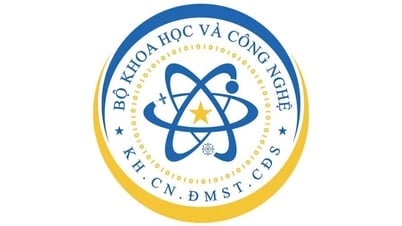

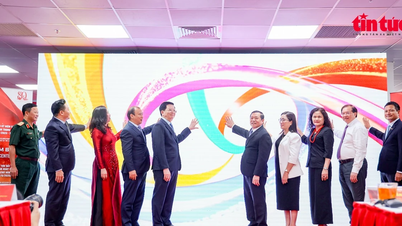

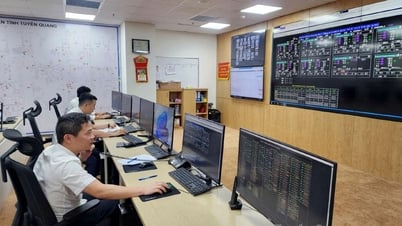

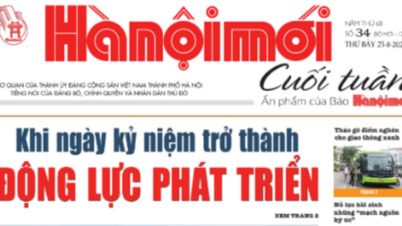

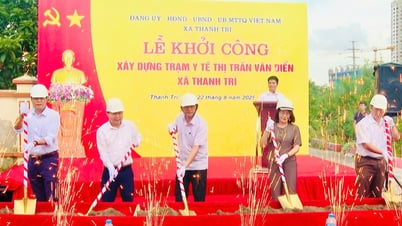


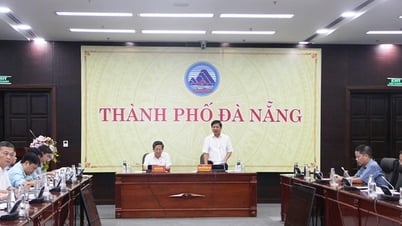
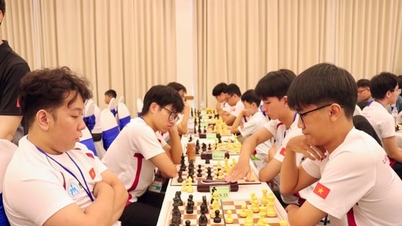

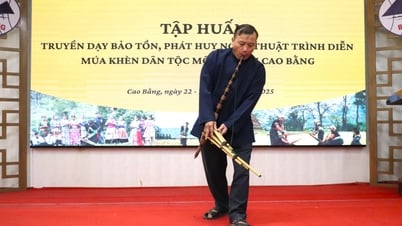





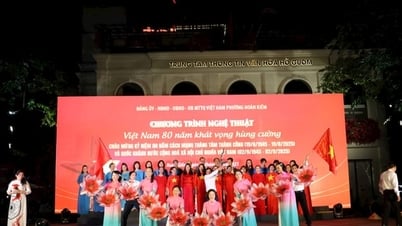



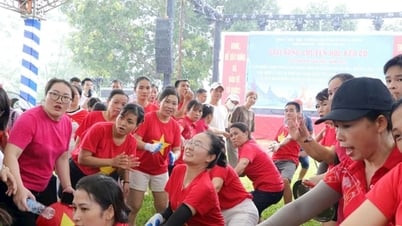













































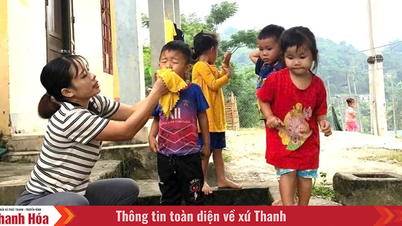

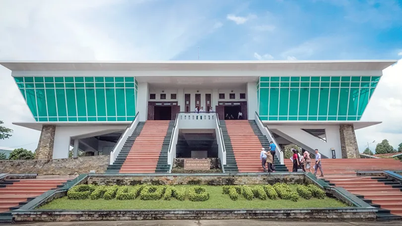



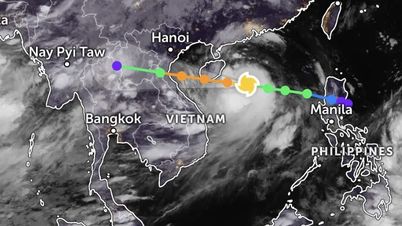
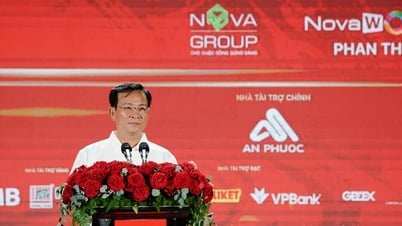

















Comment (0)